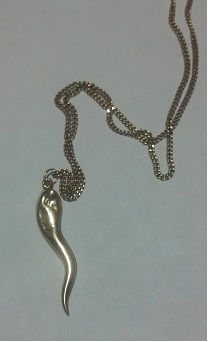
she brought the whole range of a practised feminine charm into play, from the breasts deliberately displayed to the male, to the discreet, almost telepathic scent given off by her skin which she intensified by occasionally lifting her arm to send a supplementary blast from the armpit. Continue reading


